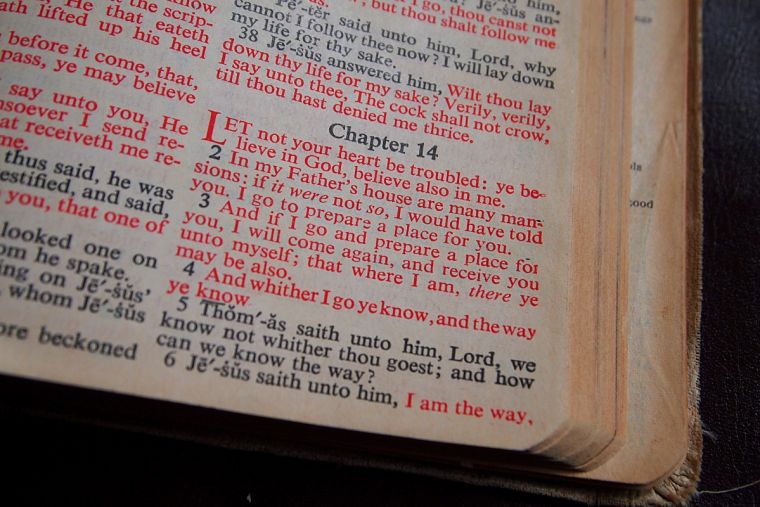Why it's hard to get to know God without getting to know the Bible

"God doesn't speak to me."
"Everyone else seems to 'hear' what God is saying, but I never can."
These are age-old concerns of Christians worried about whether they are following God closely. And they are genuine worries. If faith is supposed to be based on a relationship, how are we supposed to conduct that relationship without hearing from God? Surely we can't follow him if he only seems to talk to other people and not us?
The charismatic movement in western Christianity over the last 20 years has brought big advantages. There has been a rediscovery of the Holy Spirit as a living and active member of the Trinity, willing to shape us outside our comfort zones. But perhaps one of its weaker areas has been an inability to combine this move of the Spirit with a love and passion for the Bible. In placing emphasis on Jesus as the ultimate "Word of God", the visible image of an invisible God, charismatics have sometimes lost sight of the importance of the Bible as a means through which God speaks to us.
This is worrying because without the Bible's guidance and insight, it's no wonder so many of us struggle to hear what God is saying. We don't realise he has already written down several thousand words for us! To be blunt, it's very hard to get to know God without getting to know the Bible.
The problem is we have lost the tools to get to grips with the book that offers a deep and profound insight into God's character and what he cares about. This was excellently demonstrated by Soul Survivor leaders Mike Pilavachi and Andy Croft in their 2010 book Storylines.
"We are worried," they write. "These days there seem to be lots of followers of the God of the Bible who don't know where to begin reading it, who don't understand what's in it, and who are intimidated by it."
Sound familiar?
"We can sit through Sunday school for years, trot out the right answers and have a nice discussion about particular Biblical characters and still not 'get it'," they add.
In their book, Croft and Pilavachi explore themes and threads that run through the Bible and try to demonstrate how different narratives tie everything together. The effect is a dramatic revelation of different aspects of God's desires and passions throughout history.
"Going through the Bible one snapshot at a time is like watching a movie frame by frame. Sometime we just need to press play and watch it from start to finish."
This broad-brush approach to understanding the big picture of the Bible is essential if Christians are to grasp the full potential of what it offers. In stepping back, we pick up what God is passionate about and what he has been speaking to his people about throughout history, and are less likely to take sections or verses out of context.
"As we discover them," write Croft and Pilavachi, "we begin to see that the Bible isn't just a random collection of sixty-six books; it's a stunningly coherent whole with an amazing purpose and a transformative message."
Once the transition is made from seeing the Bible as a collection of stories to seeing it as a narrative revealing God's character and passions, it is much easier to become excited about reading it.











